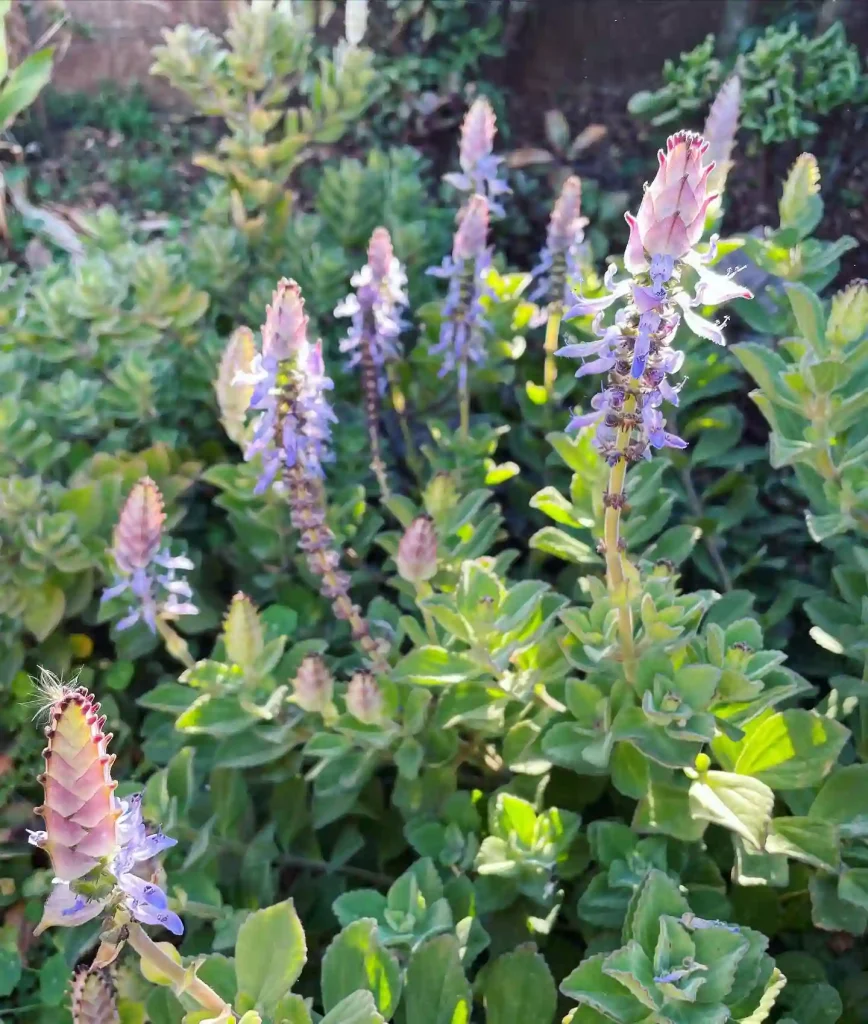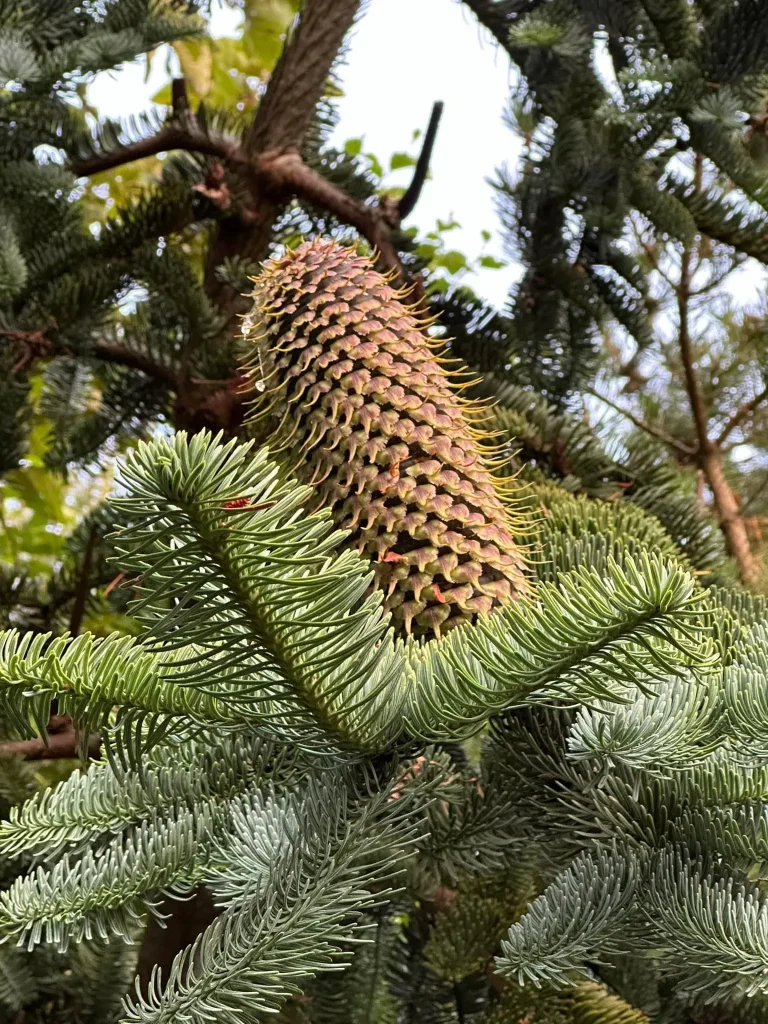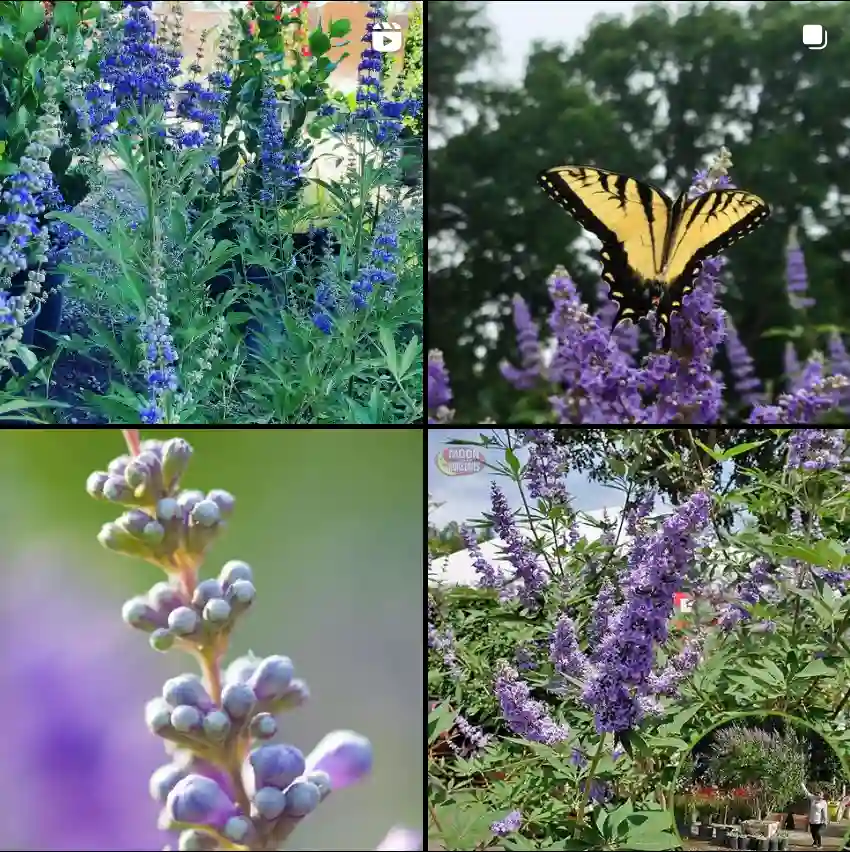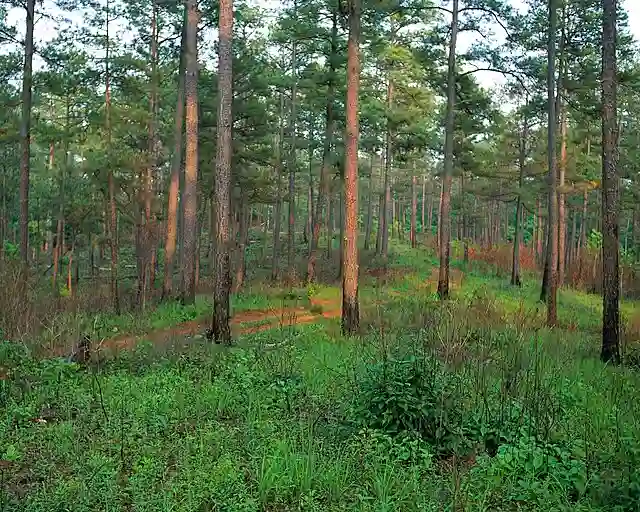Azara: A South American Gem in My Garden
I, Ferb Vu, have always been drawn to the unique and the beautiful, especially when it comes to plants. My garden is a testament to this, a vibrant tapestry of flora from around the world. Among my prized possessions is a genus of South American shrubs that has captured my heart: Azara.
Azara, named after the Spanish naturalist José Nicolás de Azara, is a genus of eleven species of flowering plants belonging to the Salicaceae family. These evergreen shrubs and small trees, native to the temperate and subtropical regions of South America, bring a touch of exotic charm to any garden.
Discovering the Diversity of Azara
What fascinates me most about Azara is the diversity within the genus. Each species boasts unique characteristics, offering a variety of textures, colors, and scents. Here are:
- Azara alpina is a low-growing shrub native to Argentina, found in alpine regions. This plant has small, glossy green leaves that add a lush feel to rocky or dry landscapes. Known for its resilience, it grows best in cooler climates and can thrive in partial shade. In spring, it produces small, fragrant yellow flowers, drawing in pollinators and enhancing its naturalistic appeal.
- Azara celastrina is a lesser-known species within the genus, native to the Andes, particularly in central and southern Chile. This compact shrub has small, rounded leaves and a delicate growth habit, making it ideal for shaded areas in cooler gardens. Its tiny, bright yellow flowers bloom in late winter or early spring, emitting a faint, sweet fragrance.
- Azara dentata is a larger, evergreen shrub or small tree with a spreading habit and slightly toothed, dark green leaves, hence its name “dentata.” Native to Chile and Argentina, this species blooms in late winter with clusters of small, golden-yellow flowers that emit a sweet fragrance, making it a popular choice for sheltered gardens.
- Azara integrifolia is native to the temperate regions of South America and is notable for its simple, entire-margined leaves, setting it apart from species with serrated edges. This medium-sized shrub produces fragrant yellow flowers in late winter or early spring, attracting early pollinators. It thrives in well-drained soils and shaded or semi-shaded areas.
- Azara intermedia is a hybrid species, known for its adaptability and distinct foliage that combines characteristics of its parent species. Its small, rounded leaves are accompanied by clusters of bright yellow flowers in early spring. This shrub grows well in mild climates and partial shade, making it suitable for adding winter color to sheltered gardens.
- Azara lanceolata is a tall, narrow shrub with lance-shaped leaves, native to the forests of Chile. This species produces fragrant, yellow flower clusters in late winter, which are a delight in shaded garden areas. Its upright growth and elegant leaf structure make it an ideal choice for vertical interest in cooler garden spaces.
- Azara microphylla, also known as “boxleaf azara,” is one of the most popular species in the Azara genus. Its tiny, glossy leaves and dense branching structure give it a lush, evergreen appearance. This shrub produces fragrant, vanilla-scented yellow flowers in late winter, adding both aesthetic appeal and fragrance to shaded or semi-shaded gardens.
- Azara petiolaris is a unique, vining species with longer, petiole-bearing leaves that create a delicate, trailing effect in garden settings. Native to the temperate regions of Chile, this plant thrives in partial shade and blooms with clusters of yellow flowers that have a mild fragrance. Its trailing nature makes it a lovely choice for trellises or cascading over walls.
- Azara salicifolia features willow-like, narrow leaves and is native to Chile, where it grows in moist, forested areas. This evergreen shrub has a graceful appearance, with arching branches and slender leaves that make it distinct from other Azara species. It blooms with small, fragrant yellow flowers that brighten up shaded or sheltered garden spaces in winter.
- Azara serrata is distinguished by its finely serrated, shiny green leaves and dense, bushy growth habit. Originating in South America, this species is well-suited for hedges or privacy screens in temperate gardens. Its yellow flowers are subtly fragrant and add a cheerful touch to winter or early spring landscapes.
- Azara uruguayensis is native to Uruguay and surrounding regions, thriving in subtropical climates. This compact, evergreen shrub features small, rounded leaves and produces yellow, fragrant flowers in spring. It’s adaptable to a variety of soil types and makes an attractive choice for mixed borders or smaller garden spaces due to its manageable size and easygoing nature.
The Allure of Azara
Azara’s allure goes beyond its visual appeal. The fragrant flowers, often described as having a vanilla or chocolate scent, add another dimension to the sensory experience. These shrubs are also relatively low-maintenance, thriving in well-drained soil and partial shade.
In my garden, Azara serves as a magnet for pollinators. Bees and butterflies are frequent visitors, drawn by the sweet scent and vibrant colors of the flowers. The shrubs also provide shelter and nesting sites for small birds, contributing to the biodiversity of my garden.
Azara: A Gardener’s Delight
My experience with Azara has been nothing short of delightful. The shrubs have thrived in my garden, adding a touch of South American charm to the landscape. I find joy in observing the delicate flowers, inhaling their sweet fragrance, and watching the pollinators busy at work.
Azara is a testament to the beauty and diversity of the natural world. It is a reminder that even in a small garden, one can cultivate a collection of plants from far-flung corners of the globe, creating a haven for both humans and wildlife alike.
If you’re looking to add a touch of exotic beauty and fragrance to your garden, I highly recommend considering Azara. With its diverse range of species and relatively easy care requirements, Azara is sure to become a cherished addition to your own personal paradise.
If i die, water my plants!



